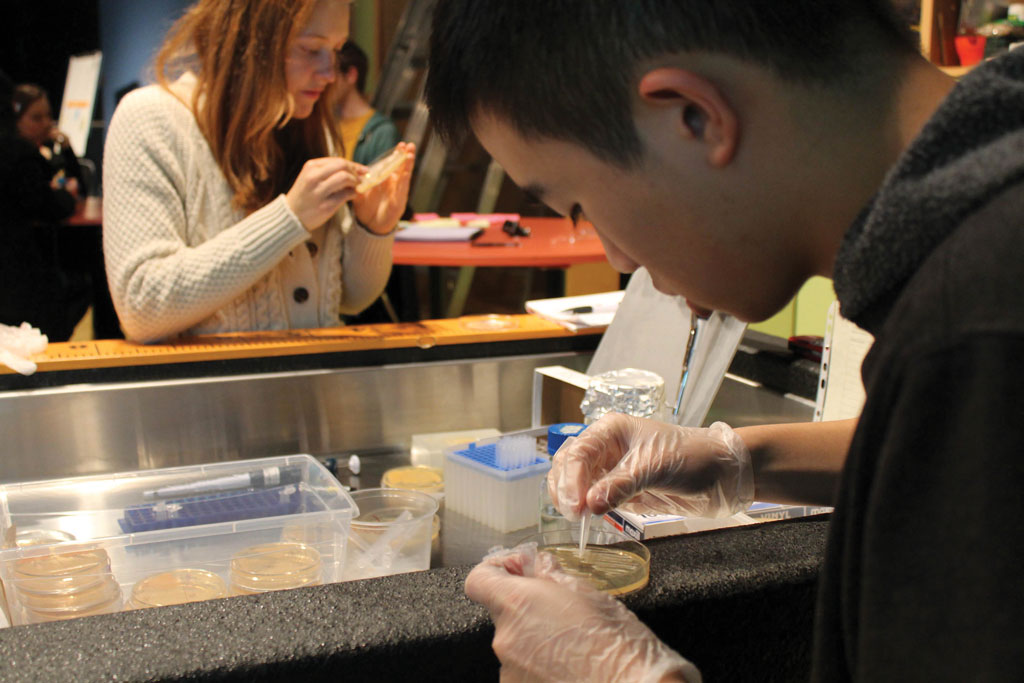By Miranda Louwerse (Contributor) – Email
Print Edition: March 18, 2015

With the service moving into the SUB as a consolidated advice centre for Fall 2015, UFV is removing three advising positions from Science Advice.
With the opening of the new SUS building, multiple services, including Science Advice, Arts Advice, and Student Services, will be combined into one advising centre for students across all departments.
VP students Jody Gordon is part of the administration overseeing the changes to academic advising. In a statement, Gordon says the advice centres will conglomerate into one place. The multi-disciplinary advising centre will have documented records of visits and a new degree audit system that will calculate a student’s various major and minor options depending on the courses they have taken. Gordon says the new structure will change the way students are given advice.
“For example, if a student is interested in brain and behaviour, they may be considering biology, kinesiology, and psychology. Under our current advising model, this student would have to seek advice from three different units,” she states.
Gordon goes on to say that in the new system, a student would speak to an advisor who is trained to work in all three areas at the same time.
As advisors will be cross-trained across departments, first-year students will no longer be advised by program-specific advisers. Instead, they will seek general academic advice and upper-level students will be given priority to subject-specific advice.
“If you are [a science student] in your second to fourth year, you will see an advisor who [is] formally housed in Science Advice,” Gordon writes.
However, there is some concern that this system will not meet all students’ advising needs. Physics professor Tim Cooper, who has worked in Science Advice, says that as a scientist speaking with employers, he knows things about the job market that a general advisor may not know — and therefore might not have the same advice.
“In the past, we’ve had students who were advised by people who didn’t have a science background that were advised poorly,” he says. He adds that he’s concerned the new advising system will change the advice given to first-years, and that the priority given to upper-level students is not necessary.
“Do science students really need advice?” he says.
“Generally speaking, they’re pretty good at numbers and sorting stuff out without help. So certainly by the time they’re in their second, third, or fourth year, they’re fine. But in first year, that’s when they need the advice, and I’m concerned that they won’t be getting the advice from scientists.”

